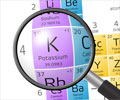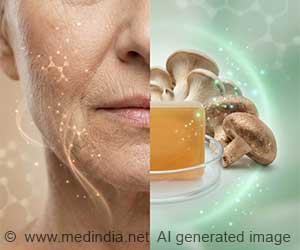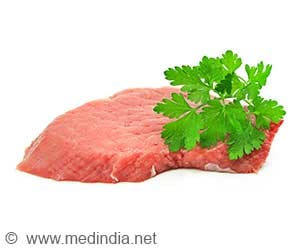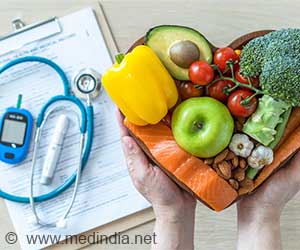Hyperkalemia generally experienced in CKD patients. It was previously known that a plant-based diet rich in potassium was linked to HK. A recent study shows no link between a plant-based diet and HK.
- Plant-based low protein diets are not associated with higher prevalence of hyperkalemia
- Prevalence of hyperkalemia in 26.1% of the cases
- No association of hyperkalemia with mortality
- Mild hyperkalemia is seen in most cases
TOP INSIGHT
Plant-based low-protein diet is not associated with a significantly higher prevalence of hyperkalemia (HK) when compared to animal-based low protein diets in chronic kidney disease (CKD) patients.
Read More..
Chronic Kidney Disease is a condition where the kidneys are damaged and are unable to filter blood properly. As the disease progresses slowly over a long period of time it is called as chronic kidney disease.
Hyperkalemia is a term that describes high potassium levels in the blood.
Hyperkalemia is a complication of chronic kidney disease. The main risk factors for hyperkalemia are the abnormalities in the mechanisms of renal excretion, presence of cardiovascular diseases or diabetes.
Renal Diet for Chronic Kidney Disease Patients
Recommended renal diets are vegetables, fruits, nuts and pulses. Renal diets are thought to favor hyperkalemia as they are all rich in potassium.
The diet includes a low protein diet which includes a combination og protein-free products , standard low-protein diet from animal sources or a combination of cereals and pulses as sources of vegetable proteins.
Study Details
The study included patients affected by CKD stage I-VND. They were followed up at the renal nutrition clinic from November 2014 to May 2019.
There was a total of 219 patients who had about 870 visits in the clinic. Hyperkalemia was defined based on the potassium serum level as:
- Mild HK- when K serum level is 5.1-5.9 mEq/l
- Moderate HK- when K serum level is 6.0-6.9 mEq/l
- Severe HK – when K serum level is ≥ 7 mEq/l
Study Findings
The key study findings are:
- The presence of HK in all the renal nutrition visits was 26.1%. No severe HK cases were observed. All cases but six cases were mild HK cases.
- Prevalence of HK increased with the CKD stages
- Prevalence of HK was associated with decreased estimated glomerular filtration rate (eGFR), up to around 36.5% for eGFR < 20 ml/min.
- Medications were similar in both hyperkalemic patients and non-hyperkalemic patients with RAASi being present in up to 85% of the patients
- In the follow up of about 40 ± 14 months, there was no association between hyperkalemia and mortality. However, HK at the beginning of the follow-up, showed a trend to increased end-stage renal disease risk (ESRD).
- No difference is observed in the serum potassium levels and prevalence of HK in patients on animal-based low-protein diet and plant-based low-protein diet.
- Chronic HK is prevalent in the renal nutrition clinic, especially when eGFR falls below 60 ml/min. HK reached the highest prevalence in CKD stage 4.
- HK is mostly mild. Moderate to severe HK is quite infrequent.
- Hyperkalemia is not associated with the higher risk of mortality.
Source-Medindia
 MEDINDIA
MEDINDIA





 Email
Email










